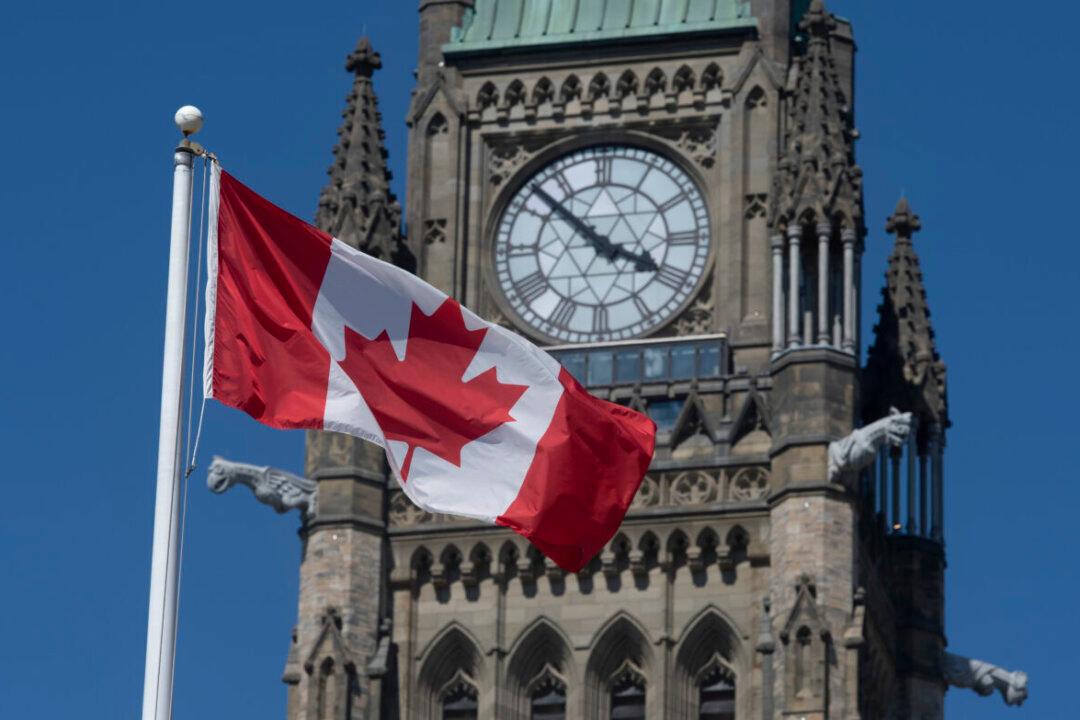Federal members of Parliament who lose an election or decide to leave office can receive up to $15,000 in “transition support funding” for such things as education, long-distance phone calls, office supplies, or up to four round trips within the country.
In an April 18 news release, the Canadian Taxpayers Federation (CTF) said, “Welcome to Canada: where losing re-election is like winning a prestigious scholarship. Up to $15,000. All on the taxpayer’s dime.”





